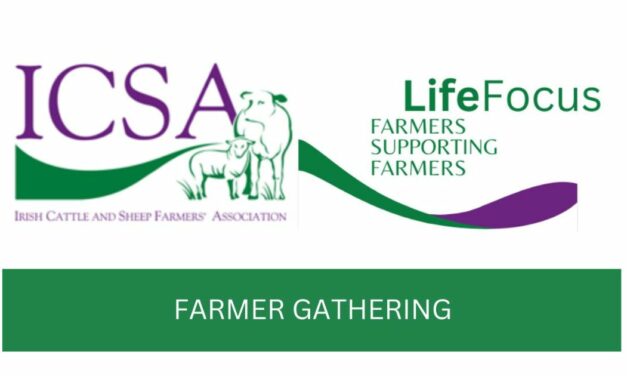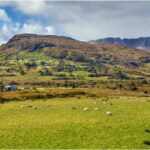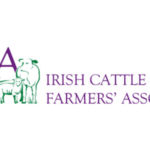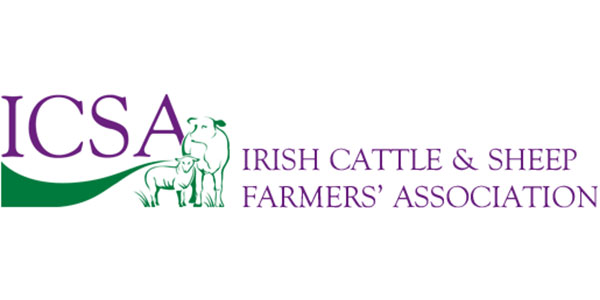28 FEBRUARY 2017
ICSA president Patrick Kent has welcomed the Joint Committee On Agriculture, Food and the Marine’s recommendation that “that a re-evaluation of targets set in Food Wise 2025 be undertaken. Brexit may require fundamental changes in the structure and future of Irish agriculture, as such, targets set in Food Wise 2025 may no longer reflect what is possible, or even, what is best for the Irish agri-food and fisheries sectors.” The recommendation was contained in a report entitled Impact of the UK Referendum on Membership of the European Union on the Irish Agri-Food & Fisheries Sectors, released today (Feb 28).
Mr Kent said “ICSA has been calling for a complete review of the objectives of Food Wise 2025 which is all about expansion of output especially in dairying but with a knock-on impact on beef supplies. Given the risks posed by Brexit and the uncertainty around new markets, it is surely time to look at sustainable downsizing until it can be seen if prices will rise to a viable level. Expansion of beef output at this point looks like a crazy policy in view of the glut of beef expected in 2017.”
“In the context of Brexit uncertainty, dismal farm incomes and the looming threat of more trade deals on the heels of CETA. Advising livestock farmers to increase production is foolhardy in the extreme.”
“Having met with the UK Minister for Agriculture Andrea Leadsom in recent weeks to discuss the impact of Brexit on both our agri-economies, I am even more convinced that increased prudence is required rather than increased production.”
“It is for these reasons that ICSA has devised a proposal to reduce numbers in the suckler cow herd. Unlike others who proposed a now dismissed €200m scheme, we have proposed to reduce the number of suckler calves born by 20% for one fifth of the cost, at €40m. This incentive should be available on an EU wide basis at a rate of €200 per cow per annum for up to five years on a voluntary basis. The scheme would be based on a reference year of 2016 and the payment would be linked to the reduction in calves registered compared to 2016.”
ENDS






